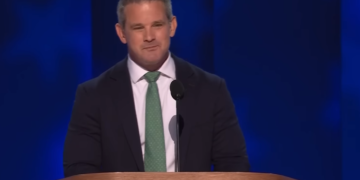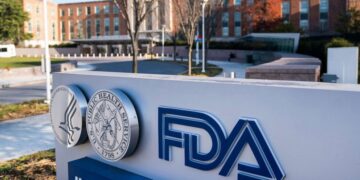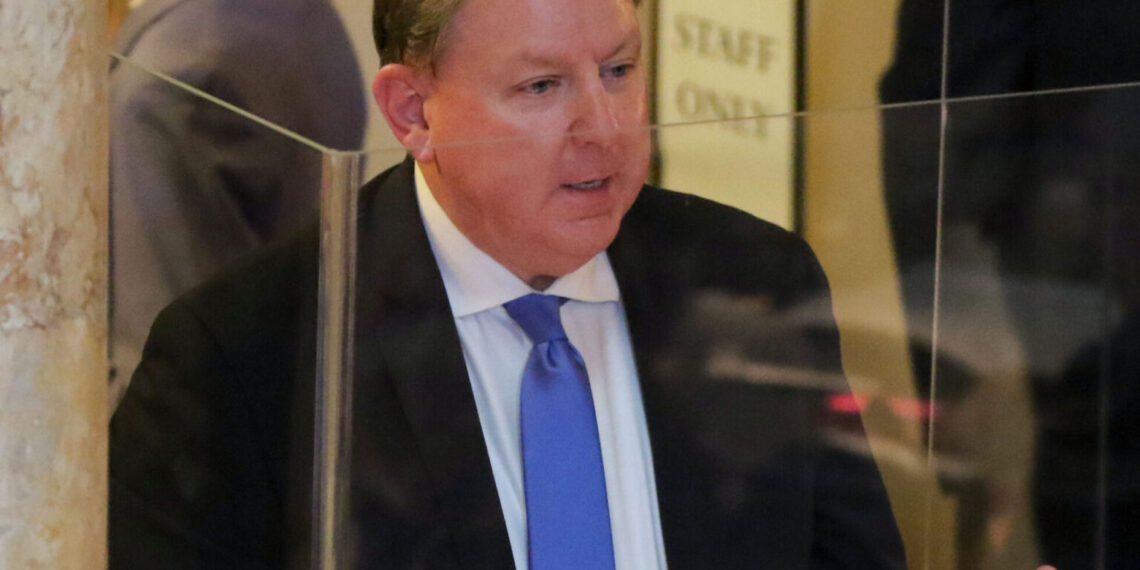The New Jersey Office of Public Integrity & Accountability (OPIA) was established with the noble goal of rooting out corruption and misconduct within the state’s public institutions. However, as we approach the six-year mark since its inception, it’s becoming increasingly clear that this agency, once touted as a cornerstone of justice, has devolved into little more than a paper tiger.
Interviews with over two dozen defense attorneys, judges, prosecutors, whistleblowers, and lawmakers reveal a growing concern: the OPIA is not delivering on its promises. Instead of being a powerful watchdog, the agency has gained a reputation for sluggishness and incompetence, with numerous cases languishing for years without resolution. The allegations against the OPIA range from prosecutorial misconduct to outright deception in the courtroom, yet the agency remains cloaked in secrecy and unaccountability.
One of the most damning accusations against the OPIA is its engagement in selective integrity testing, a practice that smacks of the totalitarian regimes of the past rather than the democratic principles America stands for. A legislator aptly described this as “Gestapo thirties stuff,” a chilling reminder of how far the agency has strayed from its intended mission.
This isn’t just about delays in justice. There are serious accusations that OPIA prosecutors have deliberately impeded the discovery of evidence and, in some cases, even lied to grand juries to obtain indictments. These are not minor infractions but fundamental breaches of the legal system designed to protect the innocent and ensure that only the guilty are punished. A defense attorney likened the OPIA’s prosecutors to “self-righteous bullies,” a sentiment that seems to echo throughout New Jersey’s legal community.
Take the case of Rabbi Osher Eisemann, a well-known educator whose prosecution by the OPIA dragged on for nine years. The case was ultimately dismissed by a Superior Court judge, who found that the OPIA had failed to disclose evidence that could have led to a different verdict—a violation of the defendant’s constitutional rights. Despite losing appeals at every level, the OPIA chose to retry him, further highlighting their refusal to admit fault even in the face of overwhelming evidence.
This isn’t an isolated incident. The OPIA has shown a pattern of such behavior, with many cases either stuck in limbo or dismissed due to prosecutorial overreach or incompetence. The agency’s inability to deliver justice is not just an embarrassment but a potential danger to the very fabric of New Jersey’s legal system.
Moreover, the lack of transparency within the OPIA is alarming. While the agency is quick to issue press releases that spin its side of the story, it remains mum when it comes to answering questions about the progress of its cases. The refusal of its director, Drew Skinner, to engage with the media or address the legitimate concerns of the public only adds to the impression that the OPIA is more interested in protecting its image than in pursuing justice.
As the OPIA gears up to prosecute high-profile cases, such as that of political powerbroker George E. Norcross III, even its critics are left wondering whether the agency is capable of handling such a task. Given its track record, there’s little reason for optimism.
The OPIA’s defenders might argue that they are holding the powerful to account, but the facts tell a different story. The agency’s actions—or rather, inactions—have caused more harm than good, leading to unjust prosecutions, prolonged legal battles, and a diminished trust in New Jersey’s justice system.
It’s time for the OPIA to face serious scrutiny. An independent investigation into its practices, especially its repeated violations of legal protocols, is not just warranted but necessary. The citizens of New Jersey deserve a public integrity office that actually upholds integrity, not one that undermines it at every turn.
As conservatives, we believe in law and order, but we also believe in fairness, transparency, and accountability. The OPIA, as it currently operates, fails on all these counts. It’s time for the Attorney General’s office to clean house, start anew, and restore public confidence in an agency that should be the guardian of justice, not its adversary.




























